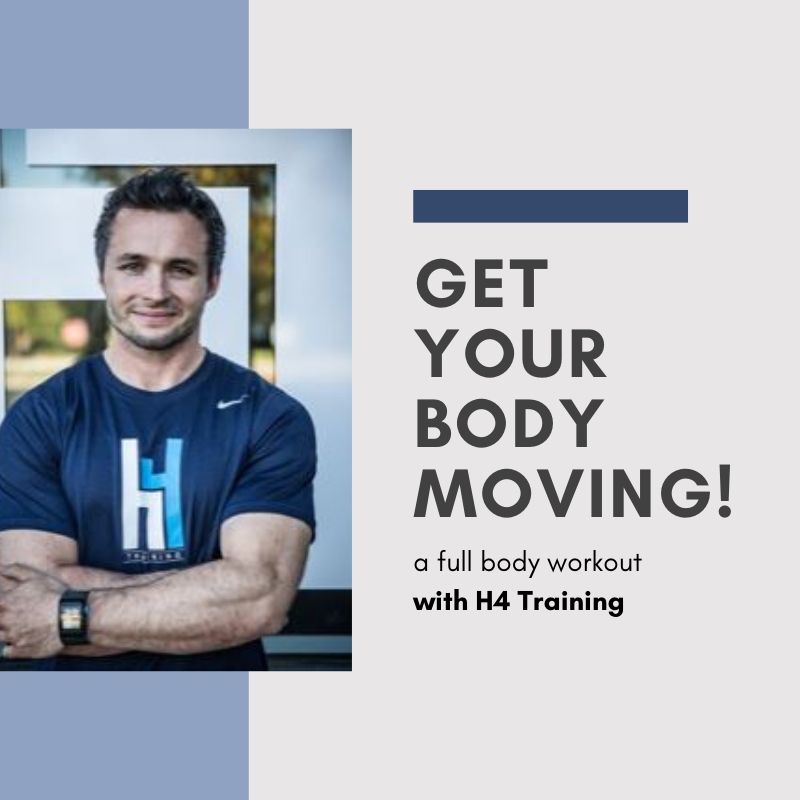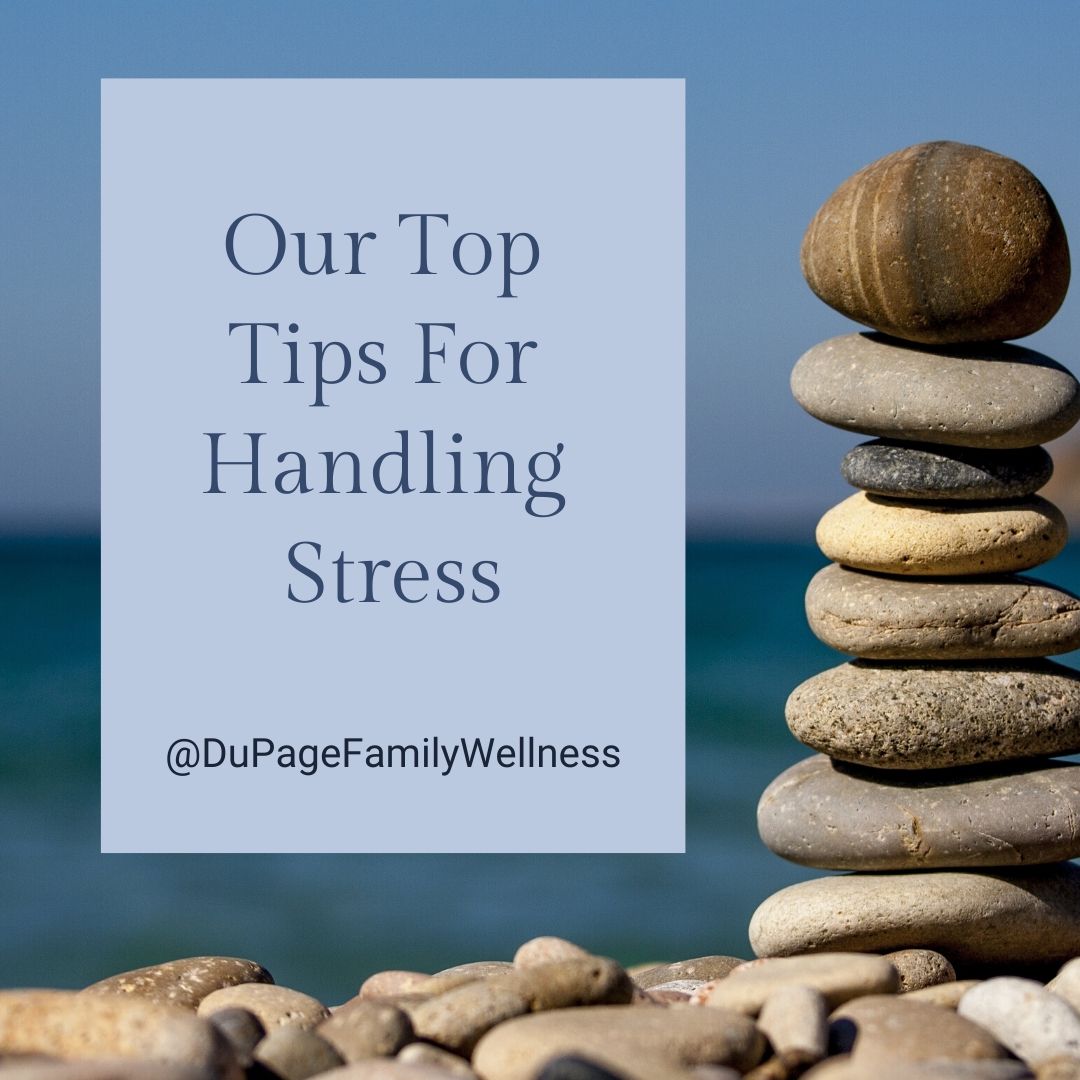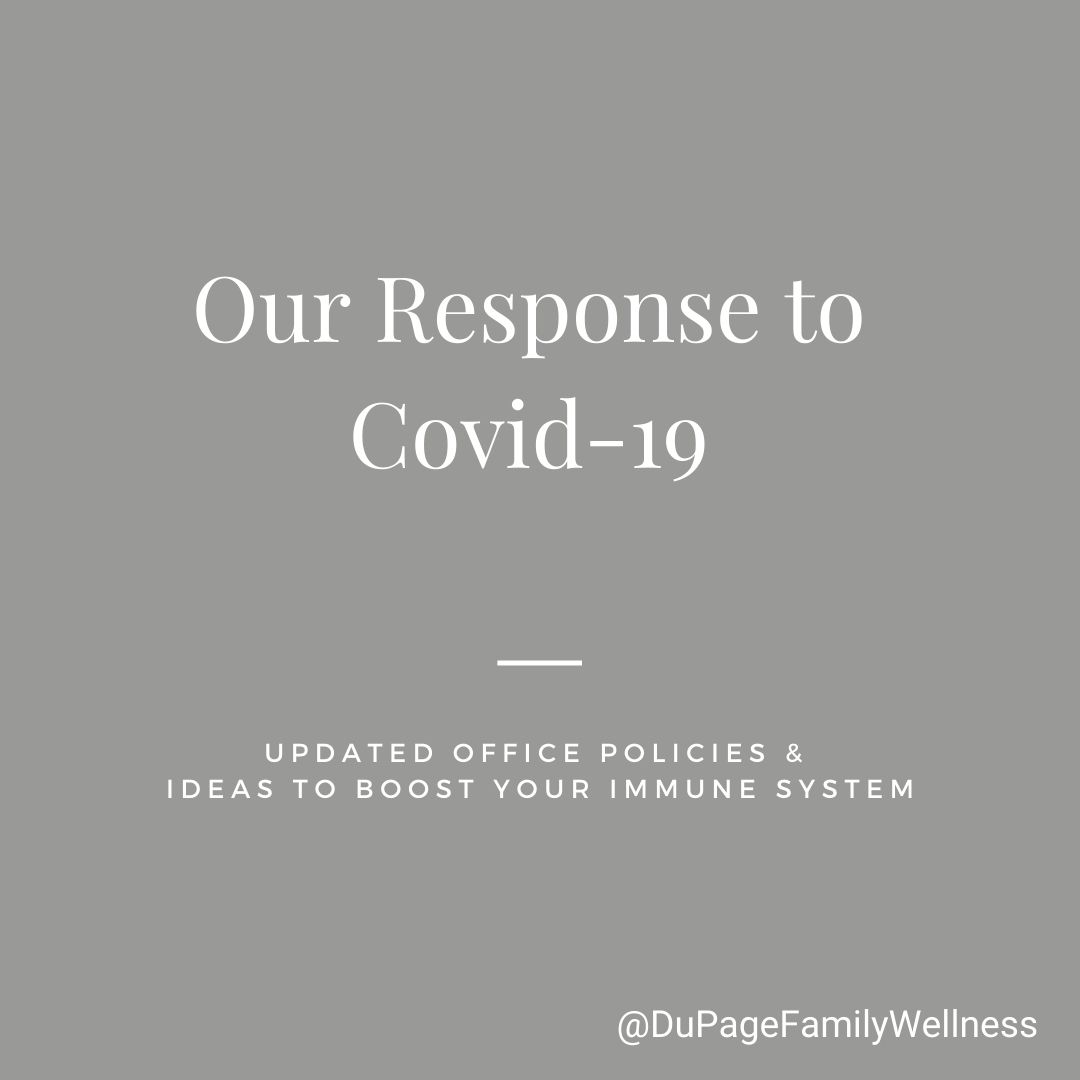
Mindful Movements is a premier movement studio specializing in yoga and Pilates. We are pleased to partner with them today to bring you a great virtual workout. You can do this class at your convenience in the privacy of your own home!
This 60 minute Hatha Yoga class is designed to nurture both your body and soul. Gentle poses and breathwork are incorporated in a way that decreases stress while increasing strength and flexibility.
Since exercise has been found to boost your immune system it is especially important to stay active these days. With the gyms closed, now is the perfect time to try something new.
We are grateful to Mindful Movements for sharing this opportunity with us.

*If you enjoyed this session, be sure to sign up for a virtual class with Mindful Movements!
Mindful Movements is a great place for both your physical and mental health. The instructors are very warm and encouraging. Exercises are modified to each client’s abilities, so you get a work out that is right for you.
So, check out their special new client rates for virtual classes now until you have the opportunity to enjoy a class at their Glen Ellyn studio.
Dr. Jamie

Everything we read online about “handling the shelter in place order” encourages us to exercise. We are told that it is good for both our physical and emotional well-being. Research even suggests that moderate exercise can boost your immune system. While this is great advice, all the gyms are closed! How do we get a great workout at home without a lot of equipment?
We are pleased to share with you a video workout led by Coach Hank owner of H4 Training. It was designed to be done at home using a simple band. Modifications are offered for those wanting more of a challenge, as well as those who need a less demanding option, making this a great choice for all levels.
So, go ahead - grab a band and jump on in!

*If you enjoyed this workout, be sure to sign up for a free 30 day trial at H4 Training!
H4 is a great place for both the serious athlete who needs a challenge, and those just wanting to start an exercise routine. They specialize in small group training, with four clients per coach. Exercises are modified to each client’s abilities, so you get a work out that is right for you. It is almost like having a personal trainer, but with the comradery of a small group.
So, check out their online programs now until you can join them for an in person class at their Wheaton or Geneva locations.
Dr. Jamie
 When you understand the way your body works, you are more able to give it what it needs. Supporting your body and the systems in your body will allow them to function more efficiently. This can make a huge difference in your emotional and physical health.
When you understand the way your body works, you are more able to give it what it needs. Supporting your body and the systems in your body will allow them to function more efficiently. This can make a huge difference in your emotional and physical health.
Working with your body instead of against it is especially important during times of stress and danger. The world is facing a crisis now with the current Covid-19 situation and most of us find our lives disrupted. Our bodies will be affected by the societal stress we are facing.
Let’s take a look at the way our nervous system is wired to handle stress, so that we know how to support it and stay regulated in these trying times!
A Regulated Nervous System
The nervous system is a remarkable communication network that relays messages between the brain and the rest of your body. The autonomic nervous system (ANS) is the branch of the nervous system responsible for the involuntary functions of the body and influences things like internal-organ function, breathing, blood flow, and the release of hormones.
When you are faced with danger your sympathetic and parasympathetic nervous systems are designed to work together to keep you safe. Many people simply view the stress response as a sympathetic fight-or-flight response, but it is actually a bit more complicated than that.
Initially there is a freeze response, which happens before one is able to take action. This is often a short lived state which at times can be so brief that it is barely consciously noticed. In these moments, information is gathered through the senses to assess the danger and begin to process a response.
Next, a sympathetic fight-or-flight response is launched. Stress hormones such as cortisol and adrenaline are released.
Read more ...
 Over the course of the last few weeks, the Covid-19 situation has gotten closer to home. I wanted to give you a few updates from the office. We are continuing to see patients, but if anything changes in that regard, we will let you know.
Over the course of the last few weeks, the Covid-19 situation has gotten closer to home. I wanted to give you a few updates from the office. We are continuing to see patients, but if anything changes in that regard, we will let you know.
In order to help with social distancing, protect our patients, and protect our team:
- We are wearing face masks and ask all patients to wear one as well.
- Please wash your hands when you arrive at the office.
- If you feel sick, or have been around anyone who has been sick, please stay home. We will happily reschedule your appointment.
- Parents: We have removed the shared toys in the office, so please bring items to entertain your little ones during appointments.
- We will use freshly laundered pillow cases over the pregnancy pillows for prenatal adjustments.
I will be on Facebook Live tomorrow to discuss what I have been doing to reduce my stress in regards to the current outbreak.
Additionally, I have incorporated some practices into my family’s daily life to support our immune systems. I hope you will also choose to include some (or all) of these practices over the next several weeks as well. It’s always a good time to support your immune system! If you have been following us on Facebook or Instagram these might look familiar.
Vitamin D
Nearly all the cells in our bodies have Vitamin D receptors. When we are deficient in Vitamin D our bodies can not function properly. Appropriate levels of vitamin D are vitally important for immune system function!
Research has found a correlation between children who took vitamin D and a reduced incidence of seasonal influenza A. In a randomized, double blind, placebo-controlled study of 430 children, half were given 1,200 IUs of vitamin D3 per day while the other half received a placebo.
Read more ...
 Sometimes we make things too complicated. There are all kinds of elaborate programs on the market telling you how to get in great shape. But what if I told you that the foundation to being fit and strong was so easy a baby could do it? It would be hard to believe, but it's true. And babies everywhere are doing it!
Sometimes we make things too complicated. There are all kinds of elaborate programs on the market telling you how to get in great shape. But what if I told you that the foundation to being fit and strong was so easy a baby could do it? It would be hard to believe, but it's true. And babies everywhere are doing it!
I am talking about doing basic functional movements modeled after babies and how they move, organize movement patterns, and learn to stabilize. Since we do not have to teach babies how to move - lift their head, rollover, or crawl - we typically don’t think about all that goes into these developments.
If we look closely, however, there is much that we can learn from the amazing process these little ones go through as they develop their ability to move.
“The functional progression is a movement sequence that mimics the way babies naturally develop movement patterns - from the ground up, from the core outward. When practiced daily, the Functional Progression rehabilitates compromised core muscles (such as happens with pregnancy) and strengthens your core to move the way it was designed to move.” Erica Boland DC
A Developing Baby
As the central nervous system matures infants gain more and more control over their movements. They are able to control their posture and move in more intentional ways. This generally happens automatically, with each new movement building off the last in a specific developmental sequence.
The baby’s bones, muscles, and soft tissue are maturing simultaneously. Together this allows the baby to develop automatic motor patterns and gain structural stability. Proper development in these areas is the foundation of healthy, efficient movement.
Read more ...

In her book the Four Tendencies, Gretchen Rubin lays out a framework that describes how different people respond to expectations. To begin with, she explains the two kinds of expectations we face:
- Outer expectations are those that are put upon us by others. Things such as meeting a deadline at work, or obeying traffic regulations would be considered outer expectations.
- Inner expectations are the expectations we put upon ourselves. They are the type of goals we think of when we make a New Year’s resolution (to eat healthy, exercise, get more rest, etc.).
What are the four tendencies?

gretchenrubin.com
The Upholder
“I do what others expect of me - and what I expect from myself.”




 When you understand the way your body works, you are more able to give it what it needs. Supporting your body and the systems in your body will allow them to function more efficiently. This can make a huge difference in your emotional and physical health.
When you understand the way your body works, you are more able to give it what it needs. Supporting your body and the systems in your body will allow them to function more efficiently. This can make a huge difference in your emotional and physical health. Over the course of the last few weeks, the Covid-19 situation has gotten closer to home. I wanted to give you a few updates from the office. We are continuing to see patients, but if anything changes in that regard, we will let you know.
Over the course of the last few weeks, the Covid-19 situation has gotten closer to home. I wanted to give you a few updates from the office. We are continuing to see patients, but if anything changes in that regard, we will let you know.  Sometimes we make things too complicated. There are all kinds of elaborate programs on the market telling you how to get in great shape. But what if I told you that the foundation to being fit and strong was so easy a baby could do it? It would be hard to believe, but it's true. And babies everywhere are doing it!
Sometimes we make things too complicated. There are all kinds of elaborate programs on the market telling you how to get in great shape. But what if I told you that the foundation to being fit and strong was so easy a baby could do it? It would be hard to believe, but it's true. And babies everywhere are doing it! 